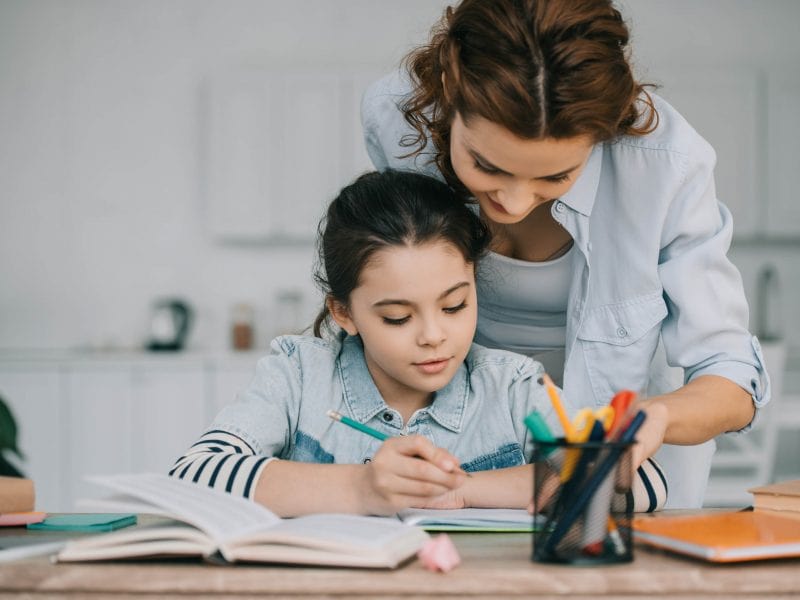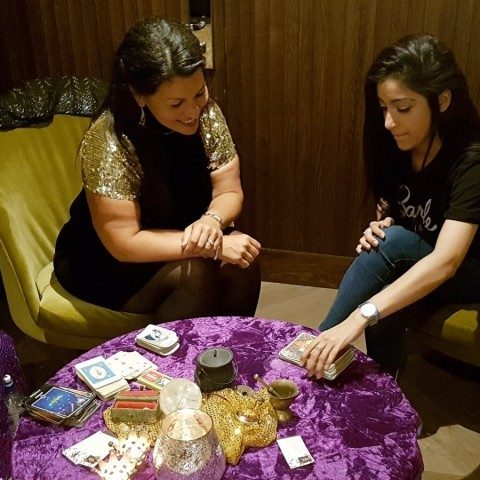Educating is a positive experience, but also full of difficult moments. Today, despite having access to a lot of information on the subject, sometimes we still seem to be lost.
We have access to many guidelines and educational methods, yet parents seem increasingly confused about how to better educate their children. Why is that? How to educate a child?
The overprotection we manifest towards our children prevents them from putting into practice the information about the education we have access to.
Parents and educators can transform themselves into helicopters, flying over children all day long from above. This is not conducive to healthy development, as children need to discover and experience for themselves. And being continuously supervised by adults does not facilitate this task. Nor can we forget that parents and educators also convey their fears and shortcomings. The children we educate are our faithful reflection.
Education today and how to educate better
It is true that the reality today is more complicated, although in essence it has remained the same, but with the addition of technology. I believe that today there is little spontaneity and common sense. On the one hand, we never want to make mistakes and educate our children to perfection; on the other, we want them to be perfect too. All this is counterproductive and leads us to achieve the opposite.
Of course, we must aim for the best possible education, but we cannot forget that sometimes we will make mistakes, and our children will make mistakes too. Sometimes you win, sometimes you lose. Maybe all this is about that impulse to want to have everything under control, so that everything will go well or as we would like it. However, most of the time life is uncertainty. And our room for manoeuvre is limited.
Key concepts for a better education
The fundamental elements and the basis of a healthy education are:
- Knowing how to recognize and value correct behaviors or those that come close to them. Constantly criticizing and pointing out the wrong attitudes not only does not help, but it is also not useful. Being angry all the time is not conducive to a healthy education.
- Being empathetic, that is, putting oneself in the children’s shoes. We were also children, so trying to remember the point of view we once had can help us understand them.
- Consistency between what we say and what we do. It’s better not to promise what we won’t do.
- Listen carefully to what our children say and feel. Doing so will facilitate communication with them.
- Express what we feel. We think it is not appropriate to express negative emotions in front of our children. Yet it is, because it stimulates them to do the same and learn to channel them.
- Taking care of themselves. If once we have children we forget our needs and interests, we will no longer take care of ourselves and we will be defeated.

To set an example is fundamental
Parents and educators convey their attitudes and values to children in everyday life. They are certainly not the only influence on their future conduct, but it is good to bear in mind that the education given will enable them to lay the foundations of their way of life. We say more with our actions than with words. We must therefore be more consistent between what we say verbally and what we actually do in the end.
We need to take care of ourselves in order to educate better
From a psychological point of view, one could say that as “like father, like son”; let us take care of ourselves as parents to have good children. When we neglect or do not take care of ourselves, we tend to be vulnerable to Burnout syndrome (or exhaustion). It is a constant concern for one’s children that ends up becoming a heavy burden.
What happens is that – as we said earlier – if we do not take care of ourselves, we cannot take care of someone else as well. And the worst thing of all is that we send our children the message that spending time on ourselves is not important. So once they’re adults, they’ll do the same.
Transmitting certain values to educate better
The values we want to convey must be reflected in our conduct. Otherwise, we will transmit nothing, only words. So it is essential to be motivated and to be aware of our responsibility for the future well-being of children.
- We are the main pillars of the healthy development of our children.
- We are the example and the main model of their behaviour.
- We promote their development and learning.
Being parents is nice, but it is not easy. We take care of ourselves to feel good and to be able to pass on to our children those concepts that will help them feel better. And let’s not forget that the word persuades, but the action drags on.







